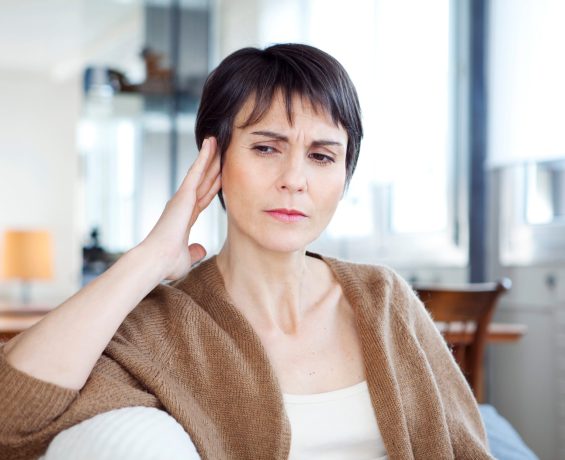Frequently Asked Questions
If you experience tinnitus, the first and most important step is to consult with a healthcare professional, preferably an otolaryngologist (ear, nose, and throat doctor) or an audiologist. They can help determine any underlying causes and recommend appropriate treatment. In the meantime, it’s crucial to protect your ears from loud noises as exposure to high decibel levels can exacerbate tinnitus. Employing relaxation techniques such as deep breathing, meditation, or yoga can be beneficial in managing the stress and anxiety that often accompany tinnitus. Additionally, maintaining a healthy lifestyle, including regular exercise and a balanced diet, can positively impact your overall well-being and potentially reduce tinnitus symptoms.
Tinnitus is characterized by the perception of noise or ringing in the ears when no external sound is present. The symptoms can vary in intensity and type and might be constant or intermittent. Common symptoms and characteristics of tinnitus include:


Hearing Assessments

As hearing experts, we provide comprehensive testing and work with ENT specialists to ensure the care of your hearing health.
South Edmonton: 780-809-1349
St. Albert: 780-590-1349